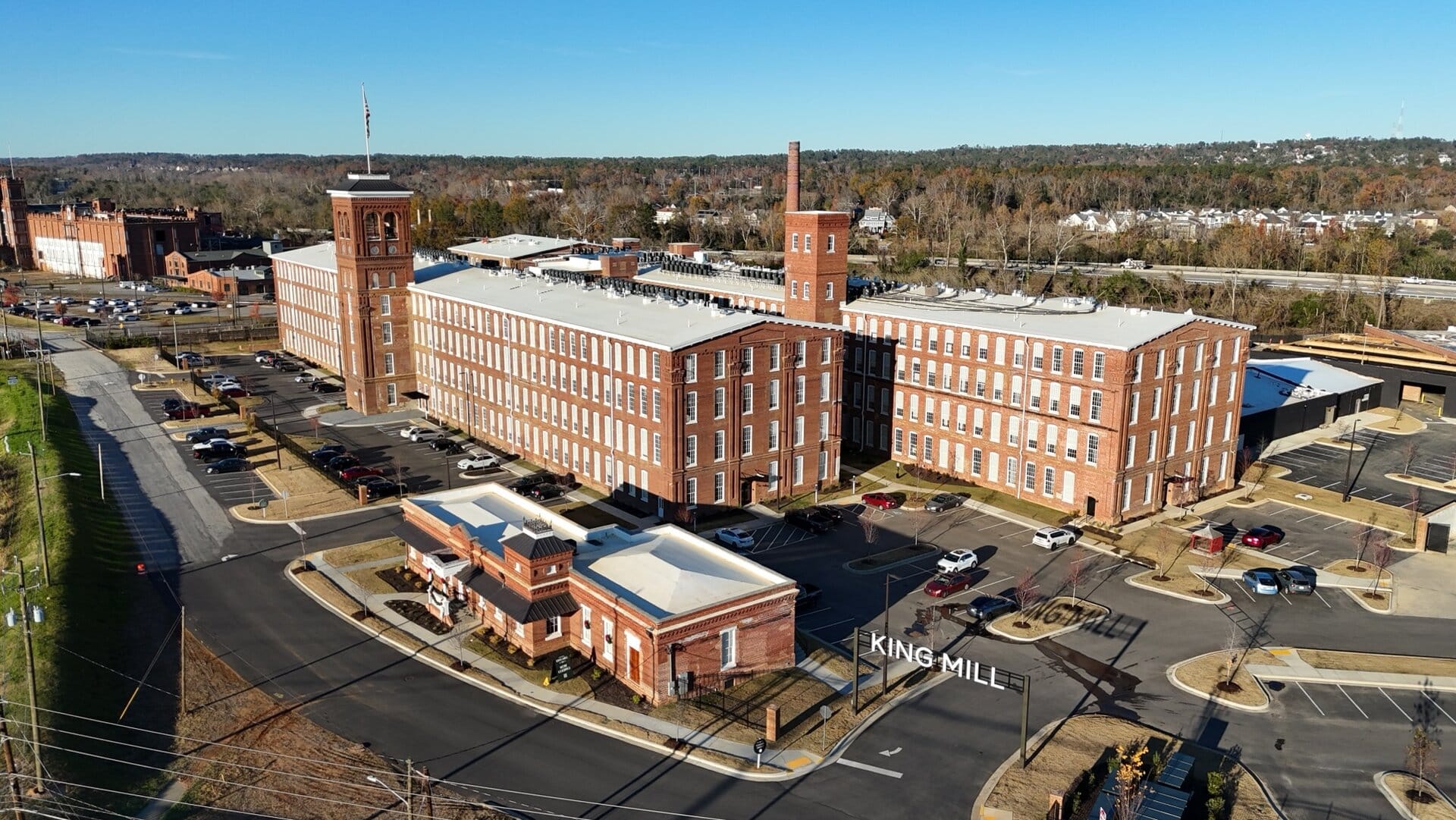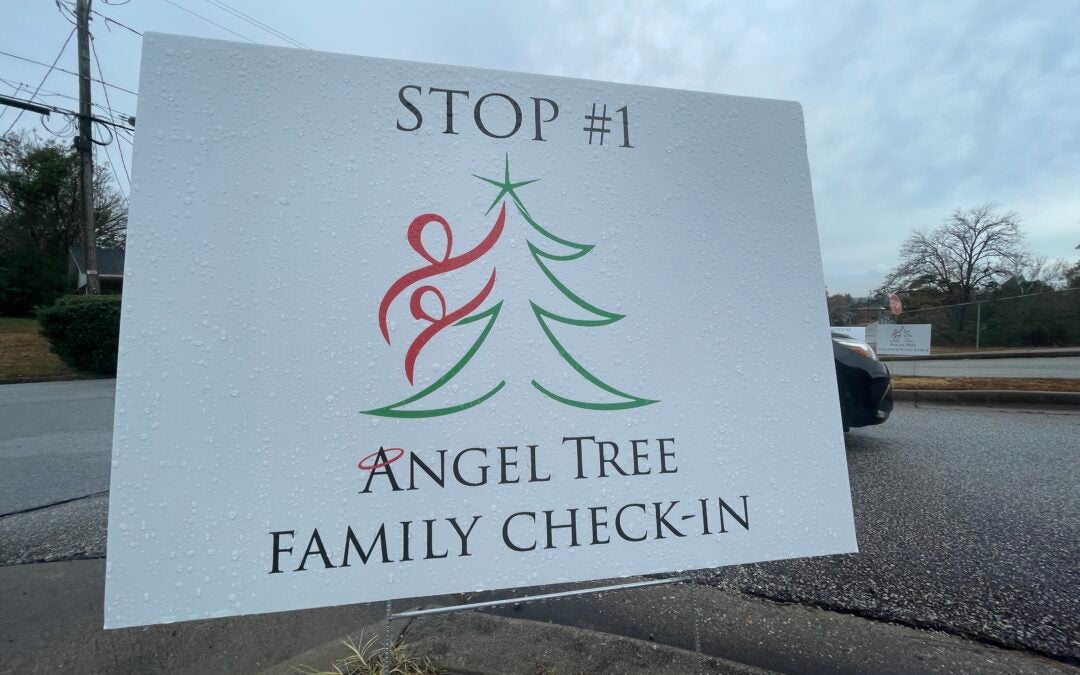The historic preservation community is sounding the alarm about losing critical federal funding, and it’s using an Augusta mill project as an example.
The Lofts at King Mill, a former 1884 textile mill turned into 245 apartments, received the Georgia Trust for Historic Preservation’s 2025 Chairman’s Award for excellence. But the funding source that helped make the project possible — the federal Historic Preservation Fund — is now facing elimination in the 2026 federal budget, according to the Georgia Trust.
This year’s funding still hasn’t been released, and next year’s may not come at all, said Danielle Meunier, preservation programs coordinator for the Trust. This jeopardizes projects all across Georgia which intend to rely on historic tax credits, she said.
Created in 1966, the Historic Preservation Fund is paid for by fees from offshore oil and gas leases. The fund supports the operations of state historic preservation offices as well as the National Register of Historic Places. Both are integral to securing preservation tax credits.
Georgia’s office, a division of the Department of Community Affairs, has helped pour big dollars into Augusta over the last five years.
From 2020 to 2025, 29 Augusta properties were rehabilitated using state and federal tax credits, generating $144.9 million in investment, of which $119 million was eligible for credits and resulting in $18.4 million in tax incentives, according to Meunier. Another 20 projects totaling nearly $127 million in eligible expenses are currently in progress.
Statewide, the Georgia office facilitated 237 certified tax credit projects representing $873 million in investment and supporting over 11,600 jobs, according to the Trust. The office also helps administer National Park Service grants, which also are facing big cuts.
The Georgia Trust is urging supporters to write their representatives in Congress to save the programs.
“The administration’s failure to release the 2025 Historic Preservation Fund and its proposal to nearly eliminate this critical funding in 2026 will have catastrophic consequences for historic preservation efforts nationwide,” said W. Wright Mitchell, president of the Georgia Trust. “The damage from these actions could take decades to repair.”
Sample language and contact information is here: https://www.georgiatrust.org/our-programs/advocacy/.









